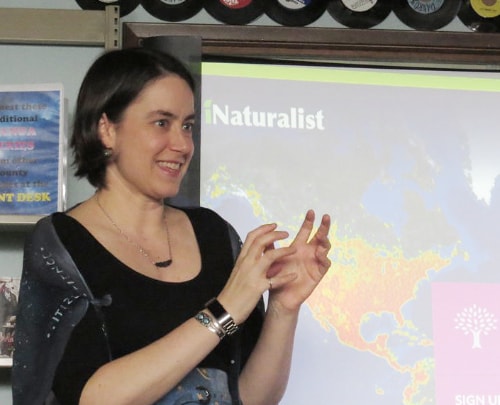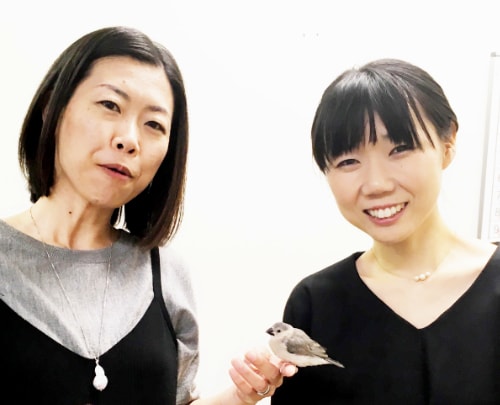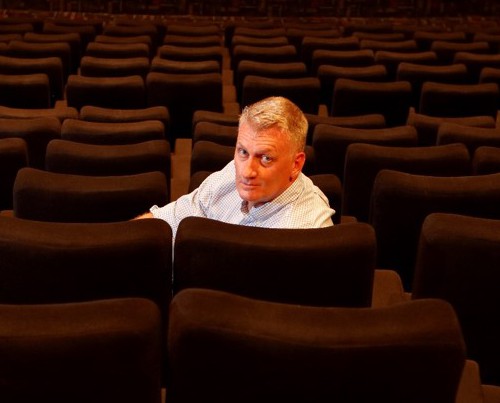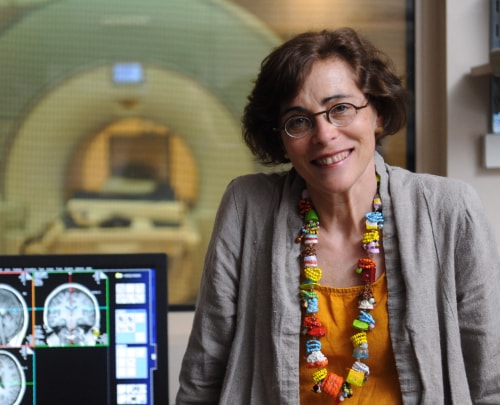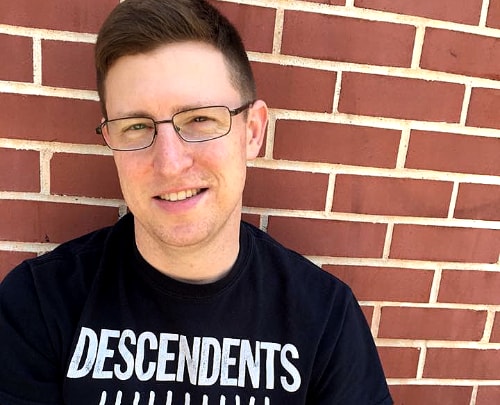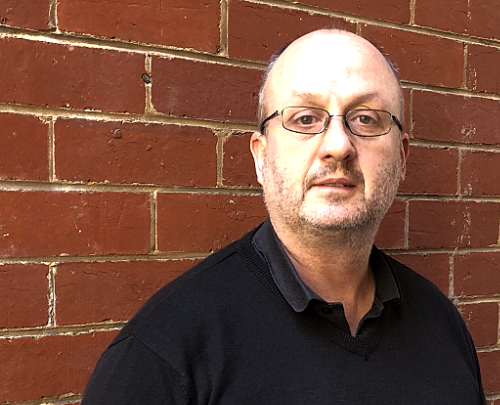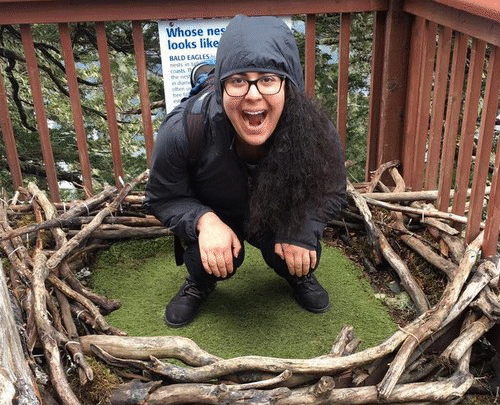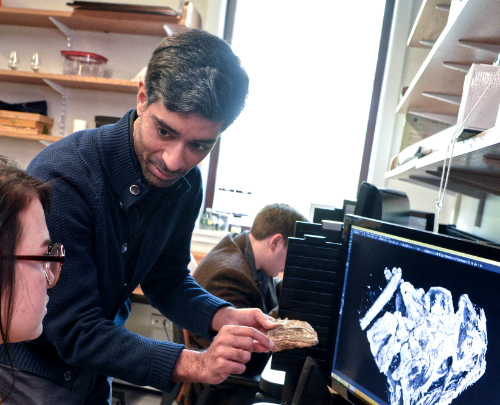19
Mar 2019
In episode 45, Liz MacDonald from the NASA's Goddard Space Flight Center, discusses in her research into STEVE, a previously unrecorded atmospheric phenomenon discovered by citizen scientists in late 2016 that appears as a ribbon of flickering purple and green light in the night sky. Her open-acce......
5
Feb 2019
Could birds' courting behaviors change when they're being watched? In episode 42, Masayo Soma from Hokkaido University discusses her research into monogamous songbirds which intensify their singing and dancing during courtship rituals – but only while in the presence of an audience of other birds....
22
Jan 2019
Might the chemicals we exhale while watching movies tell us about the emotional stress that we're experiencing? In episode 41, Jonathan Williams from the Max Planck Institute for Chemistry in Mainz, Germany discusses his research analyzing the gasses emitted in cinemas, as described in his article...
13
Nov 2018
Might our brains have greater plasticity than commonly thought? In episode 36, Marlene Behrmann from Carnegie Mellon University, discusses her 3-year longitudinal investigation of a young boy who had the region of his brain which recognizes faces removed, but regained this ability through neural p......
16
Oct 2018
Because 98% of the human genome doesn't serve a direct role in gene expression, many biologists have long thought of them as nothing but "junk DNA." But might they hold the key to helping stem the formation of deadly cancers? In episode 34, Mike Feigin from Roswell Park Comprehensive Cancer Center...
2
Oct 2018
Can we put the brakes on cancers' ability to metastasize? In episode 33, John Lewis from the University of Alberta talks with us about his research into inhibiting cancer cell movement and metastasis through genomic targets. His open-access article "Quantitative in vivo whole genome motility scree...
4
Sep 2018
While various vertebrates have been taught to learn humans' concept of "zero," might too honey bees, even though their brains have thousands of times fewer neurons? In episode 31 Adrian Dyer from RMIT and Monash University in Australia talks with us about his work first teaching bees to count and ...
21
Aug 2018
Might early hearing impairment lead to cognitive challenges later in life? Yune Lee from the Ohio State University talks with us in episode 30 about his research into how even minor hearing loss can increase the cognitive load required to distinguish spoken language. His open-access article "Diff...
24
Jul 2018
Righting a 200 year old mistake: Armita Manafzadeh from Brown University talks with us about how her simulations of pterosaurs' range-of-motion demonstrate that the ancient reptiles almost certainly couldn't have flown like most paleontologists have long thought they did. Her open-access article, ...
10
Jul 2018
What can prehistory tell us about the origins of modern birds? Bhart-Anjan Bhullar from Yale University talks with us about how the discovery of a 95 million year old Ichthyornis fossil in 2014 revealed some unexpected insights into the minds — and mouths — of today's birds. His article, "Complete...

